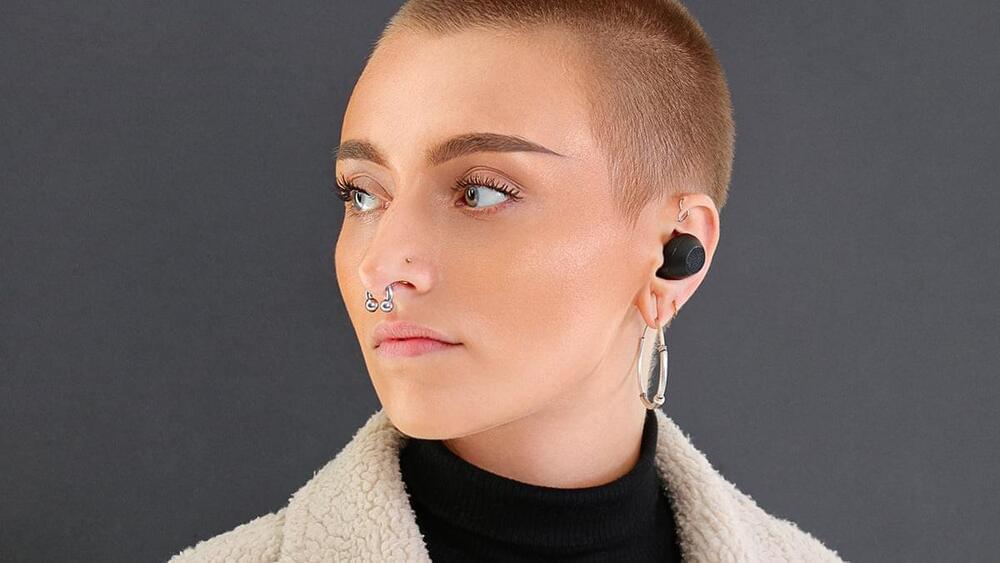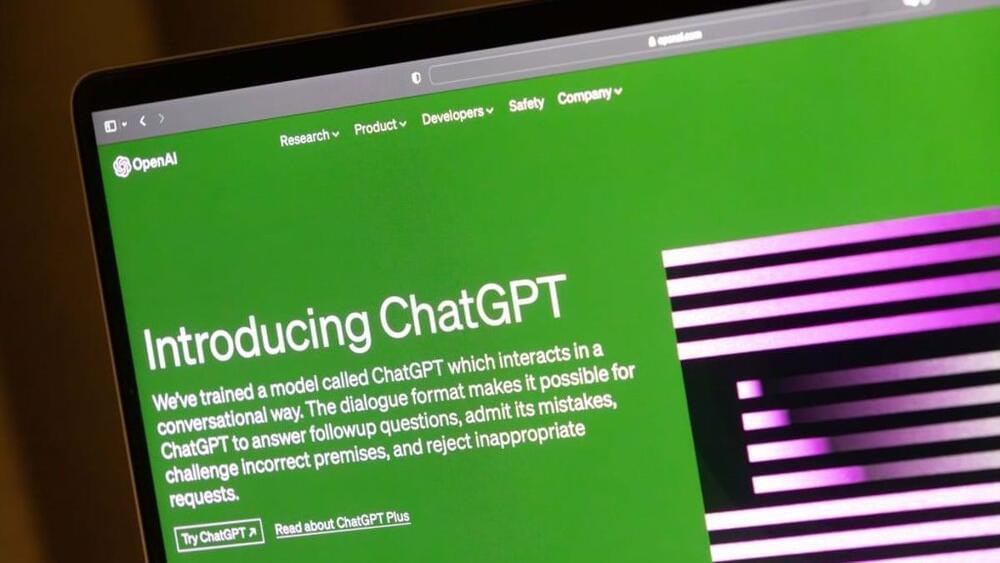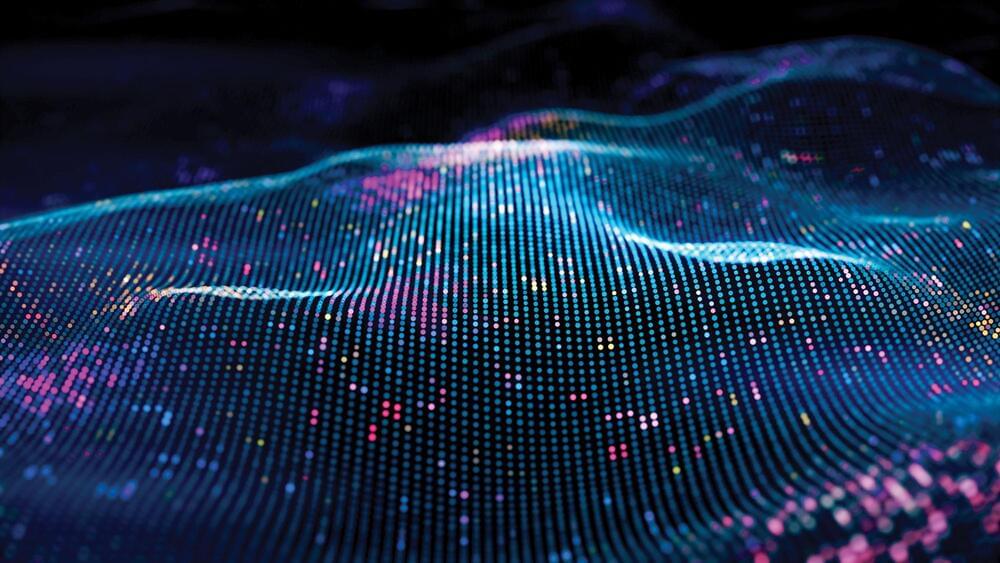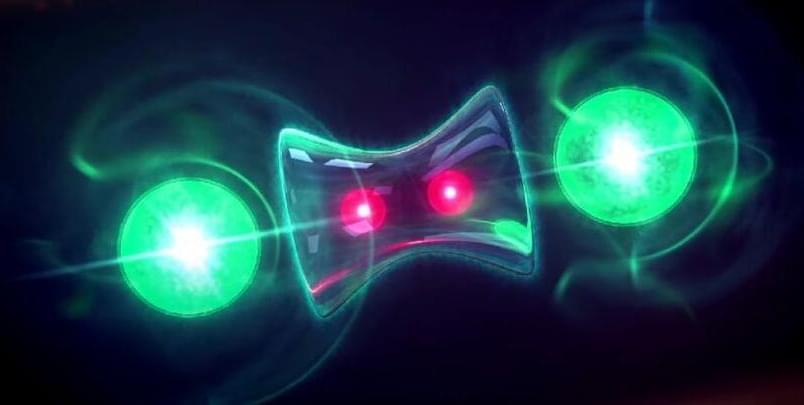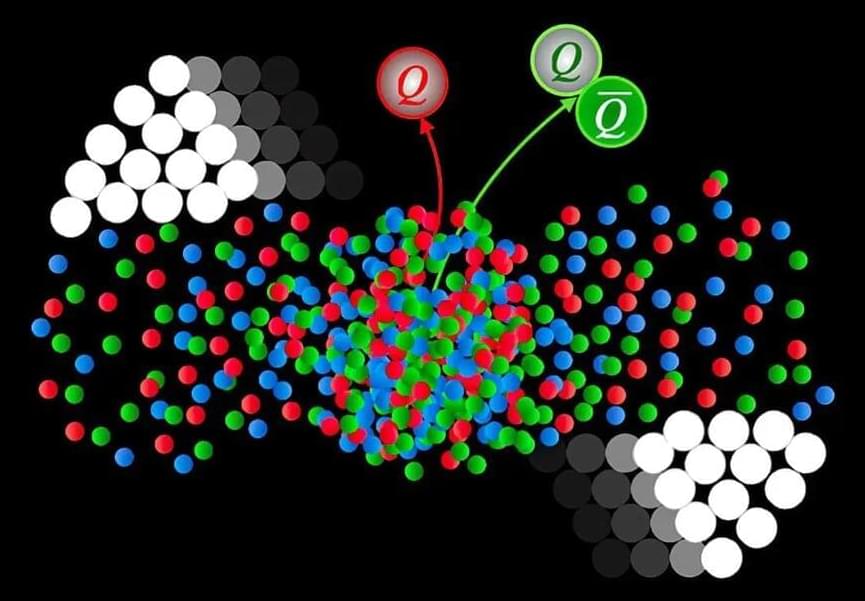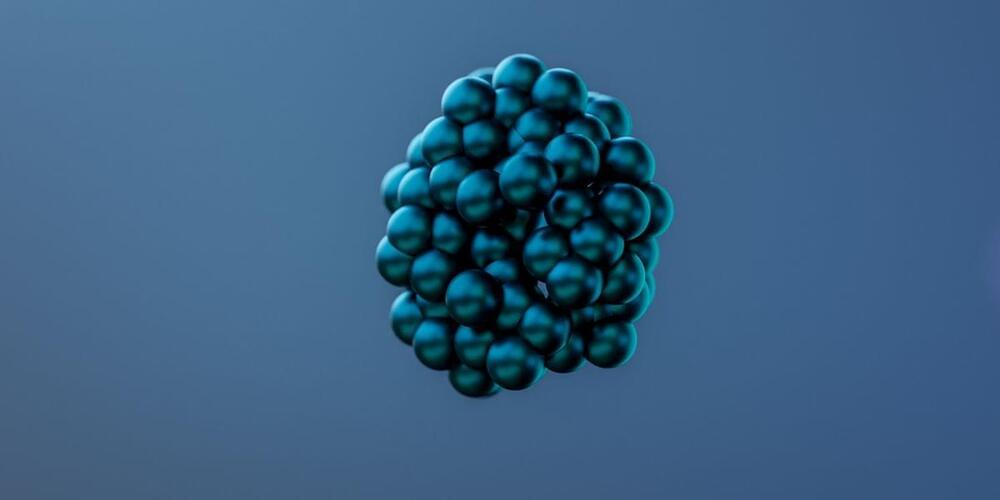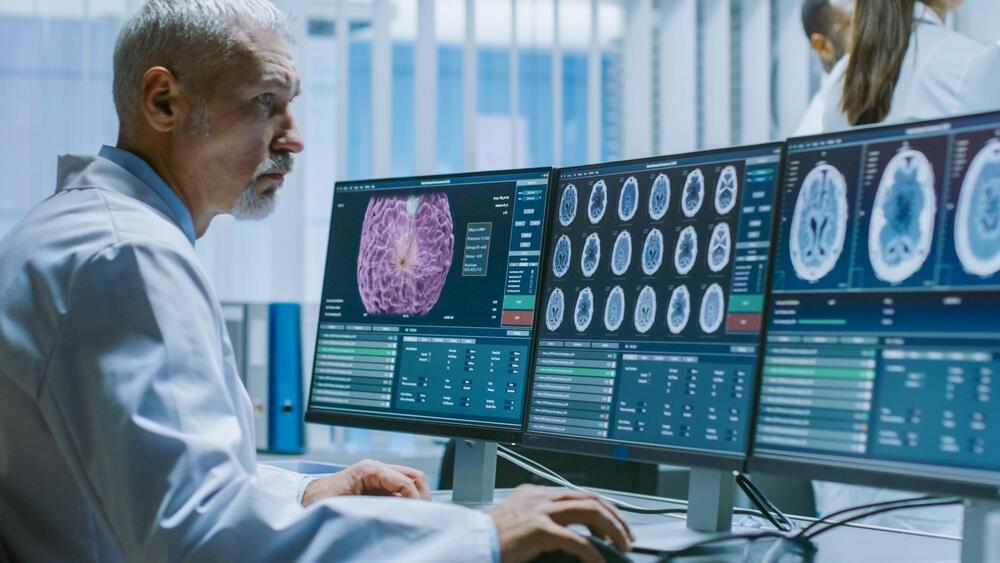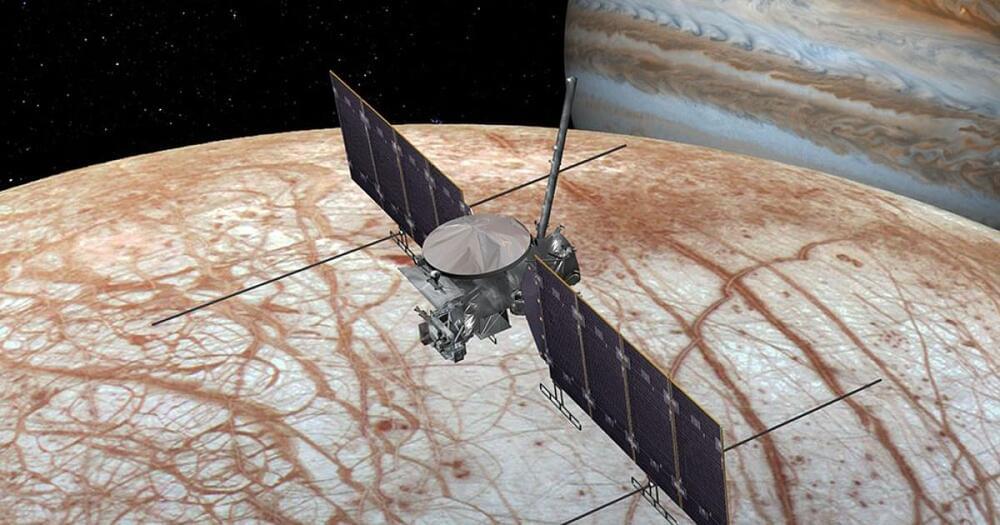
Internet of Things technology is expanding quickly across industries. The growth is unsurprising—after all, the data derived can drive improvements in productivity and customer service, speed up innovation, lead to cost savings by powering predictive maintenance, and more. Businesses can implement IoT technology to monitor their internal systems, manage their equipment or enhance the consumer products they sell.
However, whether a business develops and manages its own products and systems or purchases equipment and service from a vendor, it must be aware of the challenges that can come with IoT tech, which include addressing the increased cybersecurity risk, managing a potentially massive influx of data and more. Below, 15 members of Forbes Technology Council share some of the challenges they foresee for businesses implementing IoT technologies in the next few years and how those issues can be overcome.
